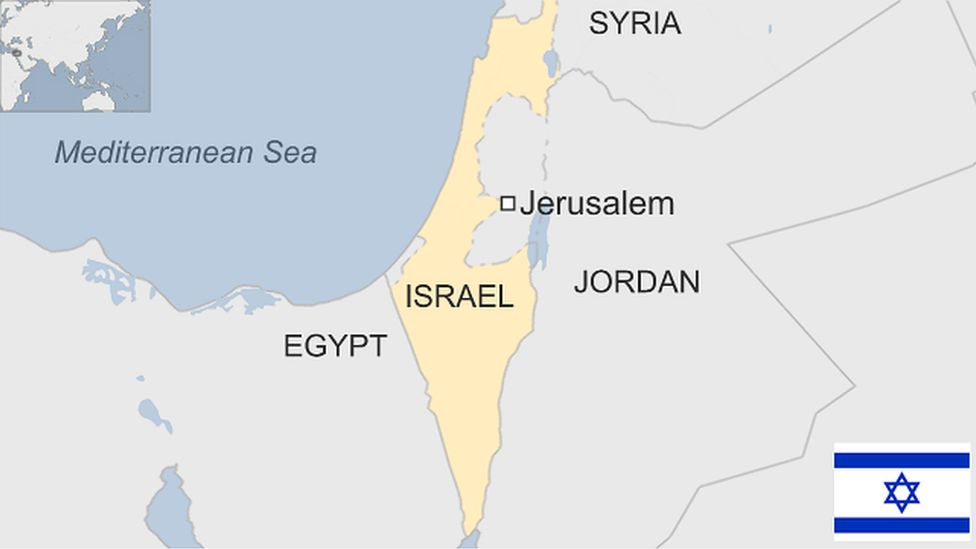Current Time in Israel: Israel Time Right Now

Israel, the land of ancient history and modern innovation, operates on a time zone that’s unique to the region. It’s not just about knowing what time it is in Tel Aviv; it’s about understanding the historical and practical factors that have shaped Israel’s timekeeping.
Israel Standard Time (IST) and Israel Daylight Saving Time (IDT)
Israel’s time zone is based on two distinct timekeeping systems: Israel Standard Time (IST) and Israel Daylight Saving Time (IDT). These systems are designed to optimize daylight hours and align with the schedules of neighboring countries.
- Israel Standard Time (IST): This time zone is observed during the winter months, typically from the last Sunday in October to the last Friday in March. IST is three hours ahead of Coordinated Universal Time (UTC), which means it is the same time as Moscow, Istanbul, and Cairo.
- Israel Daylight Saving Time (IDT): During the summer months, from the last Friday in March to the last Sunday in October, Israel switches to IDT. This time zone is four hours ahead of UTC, making it the same time as Athens, Beirut, and Kyiv.
Historical Context of Time Zones in Israel
The establishment of time zones in Israel has been a gradual process, influenced by historical events and practical considerations.
- Early Timekeeping: Before the establishment of the State of Israel, the Ottoman Empire controlled the region, and various local timekeeping systems were used. For example, Jerusalem, as the holy city, used its own time zone, which was based on the time of sunrise.
- British Mandate Period: During the British Mandate period (1920-1948), Palestine adopted the Egyptian time zone, which was two hours ahead of Greenwich Mean Time (GMT). This was a practical choice, as Egypt was the closest major power at the time.
- Establishment of Israel: After the establishment of the State of Israel in 1948, the government decided to adopt a new time zone, which was three hours ahead of GMT. This decision was based on several factors, including the desire to align with neighboring countries and the need to optimize daylight hours.
- Daylight Saving Time: Israel began observing Daylight Saving Time in 1980, with the aim of conserving energy and maximizing daylight hours during the summer months.
Time Zones and Daylight Saving Time

Israel, a land of ancient history and modern innovation, operates on a single time zone, Israel Standard Time (IST), which is two hours ahead of Coordinated Universal Time (UTC). This means that when it’s noon in Israel, it’s 10:00 AM in London and 4:00 AM in New York. However, Israel also observes Daylight Saving Time (DST), which adds an extra hour to the clock during the summer months.
Time Zones of Major Cities in Israel
The table below displays the time zones of some of the major cities in Israel:
| City | Time Zone |
|---|---|
| Jerusalem | Israel Standard Time (IST) |
| Tel Aviv | Israel Standard Time (IST) |
| Haifa | Israel Standard Time (IST) |
| Eilat | Israel Standard Time (IST) |
Dates and Times for Daylight Saving Time, Israel time right now
Israel observes Daylight Saving Time (DST) from the last Friday in March to the last Friday in October. During this period, clocks are moved forward by one hour, effectively extending daylight hours into the evening.
DST is implemented to make better use of daylight hours and conserve energy.
Impact of Daylight Saving Time on Daily Life in Israel
Daylight Saving Time has a noticeable impact on daily life in Israel, primarily by:
- Extending daylight hours into the evening, providing more time for outdoor activities and recreation.
- Shifting work and school schedules, which can sometimes lead to adjustments in routines and social interactions.
- Potentially impacting sleep patterns, as the change in clock time can disrupt the body’s natural sleep-wake cycle.
Time and Culture in Israel

Time in Israel, like a good shawarma, is a complex blend of flavors and influences. It’s a fascinating dance between the traditional and the modern, the relaxed and the hurried. To truly understand the Israeli approach to time, we must delve into the nuances of its cultural tapestry.
Punctuality and Scheduling
Punctuality in Israel can be a bit of a paradox. While meetings and appointments are generally taken seriously, being a few minutes late is often considered acceptable, especially in informal settings. This relaxed attitude towards time stems from a cultural emphasis on relationships and spontaneity, where enjoying a good conversation or catching up with friends can take precedence over strict adherence to schedules.
“Time is a flexible concept in Israel, often taking a backseat to personal connections and social interactions.”
However, in professional settings, especially in business and government, punctuality is highly valued. Arriving on time for meetings, deadlines, and appointments is expected, demonstrating respect for others and a commitment to efficiency.
Comparison with Other Cultures
The Israeli approach to time can be compared and contrasted with other cultures. For example, in many Western cultures, time is often viewed as a linear progression, with a strong emphasis on efficiency and productivity. This is reflected in the importance of schedules, deadlines, and punctuality.
“In Western cultures, time is often seen as a precious commodity, to be managed and maximized.”
In contrast, in many Eastern cultures, time is often viewed as more cyclical and fluid. There is less emphasis on strict adherence to schedules, and more emphasis on building relationships and enjoying the present moment. This can be seen in the relaxed pace of life in many Eastern countries.
“Eastern cultures often value the importance of relationships and enjoying the present moment over strict adherence to schedules.”
Visual Representation
To illustrate the importance of time in Israeli society, we can imagine a vibrant tapestry woven with threads of different colors and textures. The threads represent the various influences that shape Israeli culture, including its history, religion, and global connections.
The tapestry is not perfectly symmetrical or linear. It is dynamic and ever-changing, reflecting the fluid nature of time in Israel. Some threads are tightly woven together, representing the importance of punctuality in professional settings. Other threads are looser and more interconnected, reflecting the relaxed attitude towards time in social situations.
The tapestry is also adorned with vibrant colors and patterns, representing the diversity and richness of Israeli culture. It is a reminder that time in Israel is not just about schedules and deadlines but also about the joy of life, the value of relationships, and the constant evolution of its unique cultural identity.
